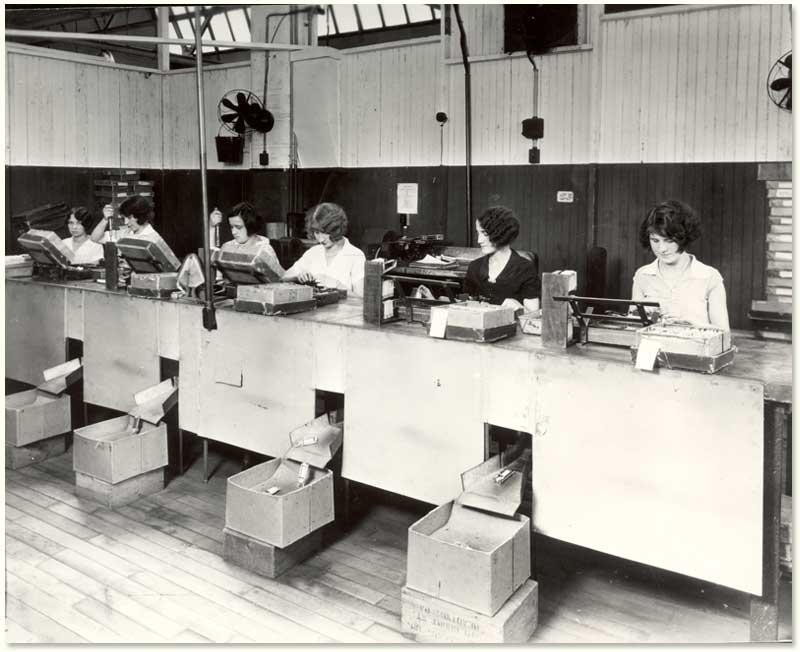Mergers and Acquisitions in the Long-Term Perspective
January 26-27, 2008
Tokyo, Japan
Waseda University / Hitotsubashi University/Business History Society of Japan
ORGANIZERS:
Waseda University 21st Century COE Program: Waseda Institute for Corporation Law and Society.
Hitotsubashi University 21st Century COE Program: Normative Evaluation and Social Choice of Contemporary Economic Systems.
Business History Society of Japan.
HOST JOURNAL:
Enterprise and Society
FOCUS:
While the most recent wave of mergers and acquisitions has been attracting considerable public attention, it is by no means a new phenomenon. This is the fifth wave since the 1890s. It is well known that there have been five worldwide M&A waves in history: 1890s, 1920s, 1960s, 1980s and the one underway since 1990. In spite of a long list of M&A literature, in both economics and management science, few papers have addressed the causes and effects of M&A from the
long-term perspective.
We invite papers from a business history or applied economics approach. Papers should discuss long-term trends in M&A or focus on a certain phase of an M&A wave. Comparative studies across countries/industries are also welcome. Topics include but are not limited to the following.
- What role has M&A played in the growth of a firm? Did M&A enhance its profitability, productivity, growth rate or value? If so, how was it possible and what was the source of value enhancement? If not, what negative impacts did M&A have?
- When did a firm's management choose M&A rather than green-field investments? What factors determined management's choice between internal growth and M&A?
- How did M&A contribute to the development of the industries and countries in question? How did M&A change the market structure, technology, and competitiveness of the industries? How did M&A waves affect the economic development of the countries?
- What legal, economic and institutional factors determined M&A? Were macroeconomic shock(s) and technological innovation the main drivers for M&A waves, or did financial factors such as stock market booms
also have a significant effect?
- Were hostile takeovers unique to corporate development in the US and the UK, or can one find examples in other countries? Did they also play a significant disciplinary role in other countries? In other words, can one find country-specific characteristics of M&A?
Both empirical and in-depth case studies from the long-term perspective are welcome.
PAPER SUBMISSION PROCEDURE:
To foster interaction amongst the conference participants, we aim to accept only a limited number of high-quality papers. The deadline for the submission of abstracts is October 15, 2007. Full papers of 30-40 pages including tables, figures and notes are most welcome, but extended abstracts of approximately 500 words (including title, author's name and affiliation and keywords) may also be submitted. Authors of papers selected for presentation will be notified by November 15, 2007. The final version of the papers must be submitted by the end of December. If the author of an accepted paper intends to
submit it to Enterprise and Society for publication consideration, he/she should first inform the journal's editor, Philip Scranton, (scranton@camden.rutgers.edu). The author should then submit his/her article according to the Instructions for Authors used by Oxford journals: http://es.oxfordjournals.org/.
Papers, abstracts (electronic MS Word or PDF files only) as well as inquiries should be sent to the following.
CONTACT: Prof. Hiroyuki Okamuro Hitotsubashi University, Naka 2-1, Kunitachi Tokyo 186-8601 Japan
EMAIL: okamuro@econ.hit-u.ac.jp
REVIEW PROCESS:
The following Program Committee will select the papers for
presentation at the Conference.
Program Committee Members:
Philip Scranton (Enterprise and Society, Rutgers University).
Julian Franks (London Business School)
Leslie Hannah (EHESS, Paris and London School of Economics)
Naomi Lamoreaux (University of California, Los Angeles)
Miyajima, Hideaki (Chair of Committee of International BH Conference,
Waseda University)
Odagiri, Hiroyuki (Hitotsubashi University)
Okamuro, Hiroyuki (Project leader of International BH Conference,
Hitotsubashi University)
Yuzawa Takeshi (Chair of Business History Society of Japan, Gakushuin
University,)
PUBLICATION:
All the papers presented at the conference will be included in the conference proceedings and accepted as discussion papers of the COE projects at Waseda and Hitotsubashi Universities. As mentioned above, the authors of papers will be invited to submit their work to the editor of Enterprise and Society for evaluation through the usual referee process.
VENUE:
The Conference will be held on the campus of Waseda University,
located in central Tokyo.
EXPENSES:
The conference organizers will cover travel (round-trip/economy class ticket) and accommodation expenses (three nights in Rihga Hotel; http://www.rihga.com/tokyo) for the presenters of accepted papers.






